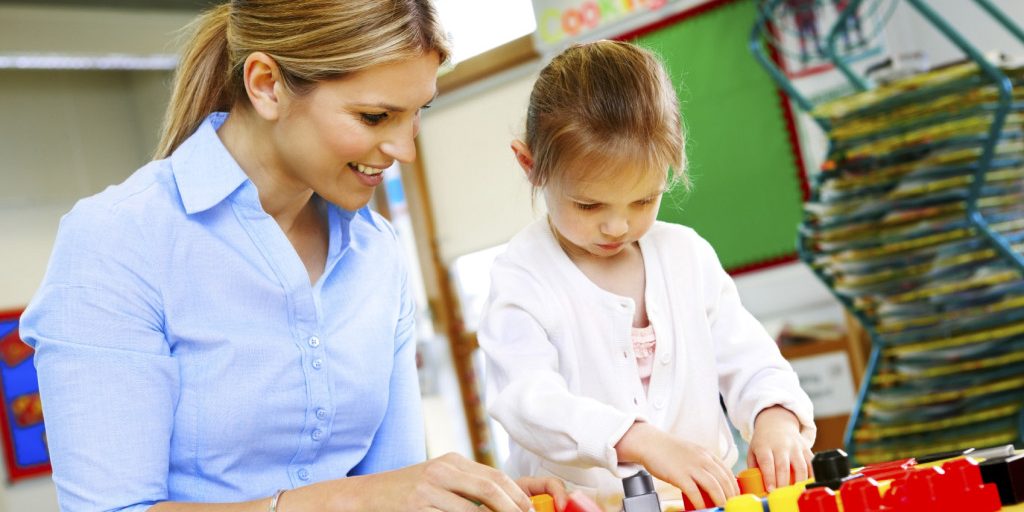by Brisbane Tutor Justin Clark
Learning Or Classroom Management?
Learning in the classroom should be about constructing meanings within social contexts, relationships and languages. However, traditional or behavioural approaches to learning focus on addressing student behaviour and classroom management. Students learn the ‘right’ knowledge through memorisation and practice.
This type of learning requires the teachers’ job to break down complex bodies of knowledge to what is assumed to be their sequential component parts. Teachers then create activities in which the students have opportunities to demonstrate the knowledge they are acquiring. After this has been completed, teachers give students feedback on whether they got it ‘right’ or ‘wrong’. Therefore, the teachers take on a role of a technician, whereby the dominant activity of the teacher is to communicate knowledge, values and ideas which have been shaped by ‘experts’ who work outside the classroom. This conception sees teaching as largely a kind of application process, based upon a model of technical rationality.
Behavioural Principles
Behavioural principles of teaching provide technology to motivate students to engage in the learning process. Teachers motivate students with rewards or reinforcement for participation and for achieving the ‘right’ answers and results.
However, this approach is based more on the memorisation of facts or rote learning and is dependent so much on reinforcement. The downside of this approach is that it does not suit the learning styles of every type of student and a great deal of this kind of learning is lost soon after sitting the exam.
When we think back and reflect on our own education we can probably recall instances of this occurring. The reason why it is forgotten is that when we separate learning from its social contexts and break it down into lists and facts, we often strip it of its overall meaning. It is no longer useful or appealing, which makes the process of acquiring it hard work. Considering things from the student’s perspective, because rewards and punishment are needed to motivate them to learn it, they become disengaged from the learning process. Therefore, it is important to remember that learning occurs naturally through participation in social contexts, such as when we learn to speak or learning a language. This type of learning is rarely forgotten and forms the basis of social constructivist theories of learning, which does not separate the social out of learning.
Social Contexts in Early Learning
In the early years, for teachers to learn with students and to learn how students are making sense of the texts and contexts in their lives, they must give students opportunities to express their sense-making. This means that students should be encouraged to write their thoughts, tell their stories and engage in dialogue around meanings. The classroom should be bursting with students’ stories, reasoning, artwork and relationships. These become the classroom ‘texts’, which are the site of exploration, reflection and learning. This also forms a basis in helping the students in actively making connections between what they already know and what they are learning.
Encouraging Students
Students are encouraged to reflect on how their life experiences, their prior knowledge, beliefs and values are affected by and affect the learning process. For example in fostering this engagement, teachers can ask upon completion of a story, What does this story or experience mean to you? What character are you most like? What did you like about the ending? Describe the character’s feelings? What was the problem in the story? How would you have solved the problem? What would you like to know more about? The purpose is to encourage students to describe their thinking and reasoning processes, along with building and encouraging learning engagement.
Teaching students through this style of learning allows them to actively engage in learning that is personally meaningful to them because it fosters inclusion, not exclusion. Often students are unwilling to participate in a discussion because of the fear of getting it ‘wrong’. Their anxiety inhibits them to the extent that they feel disengaged from learning and are not willing to contribute.
Finally, it is important to note here that just because a student is quiet and not causing disruption in the classroom, does not necessarily mean they know what is going on or how to answer a question or activity. These type of students need positive learning experiences in order to build their confidence to feel confident enough to share their thoughts as well.
Hope Tutoring owned by Justin Clark is a specialist tutoring organisation for students with learning difficulties. Contact us today if you are looking for a Tutor in Brisbane or remote tutoring in Australia.

Justin Clark Learning Difficulties Tutor in Brisbane
Justin Clark is based on the north side of Brisbane and provides help in terms of Autism Tutoring, Dyslexia Tutoring, Aspergers Tutoring and help in Homeschooling.


